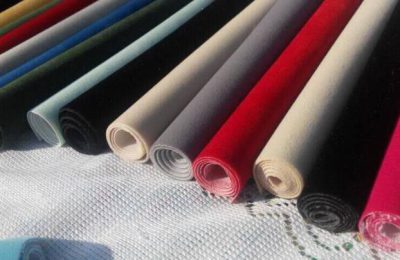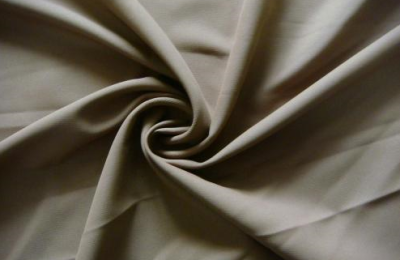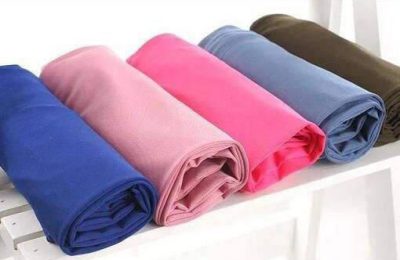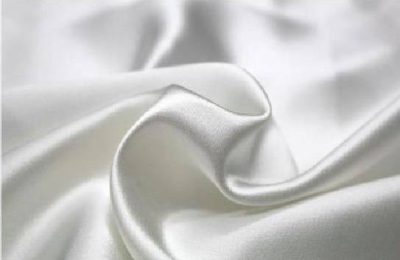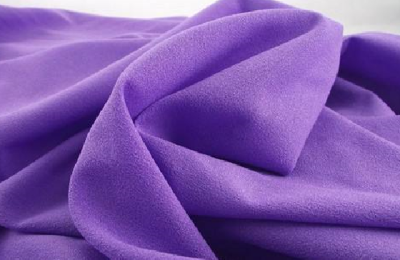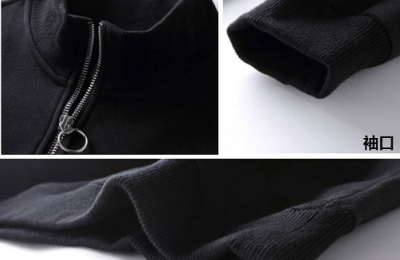In the environment of rapid socio-economic and technological development, new products and new technologies of various non-woven fabrics are emerging one after another, which is eye-catching.
The most prominent one among them is American dry-laid non-woven fabrics.
American dry-laid non-woven fabric is a type of non-woven fabric, also called PET spunbond filament non-woven fabric or PES spunbond non-woven fabric, also called single-component spunbond non-woven fabric.
Its raw material is 100% polyester chips, which is a non-woven fabric made of countless continuous polyester filaments through spunbonding and hot rolling.
And it is a filament non-woven fabric second only to nylon spunbond non-woven fabric.
Its excellent strength, good breathability, tensile resistance, tear resistance and anti-aging properties have been used by more and more people in various fields.
Suzhou ptfe filter membrane manufacturer supplies American dry-laid non-woven fabrics. The product uses brand-new polyester chips as raw materials. It is made of countless continuous polyester filaments through spunbonding and hot-rolling. It is also called pet spinning. Viscose filament non-woven fabric or PES spunbond non-woven fabric, also called single-component spunbond non-woven fabric. The entire production process of pet spunbond non-woven fabric does not have any additives and is a very excellent environmentally friendly product.
Can be used in air filtration, wallpaper, ground protection, packaging, medical tape, swimming pool filters, desalination front-end treatment, cables, packaging, biofilm technology and other fields.
The product is resistant to high temperatures.
Because the melting point of polyester is around 260°C.
In environments where temperature resistance is required, the stability of the outer dimensions of the non-woven fabric can be maintained.
It has been widely used in thermal transfer printing, transmission oil filtration, and some composite materials that require high temperature resistance.
</p



